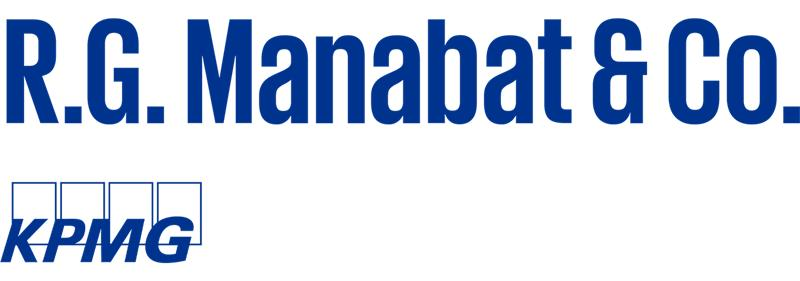In its efforts to promote efficiency, transparency, and accountability in government transactions, the Bureau of Internal Revenue (BIR) issued Revenue Memorandum Circular (RMC) No. 74-2025, which effectively updates the Checklist of Documentary Requirements (CDRs) for applications, registrations, and requests processed through its frontline services. This update is consistent with the BIR’s ongoing reform agenda and aligned with Republic Act (RA) No. 11032 or the Ease of Doing Business and Efficient Government Service Delivery Act of 2018.
RMC No. 74-2025 serves as a critical reminder to all taxpayers, whether individuals, business owners, corporations, or their authorized representatives, that only applications with complete and properly executed documentary submissions will be accepted and processed. Incomplete applications will be outrightly rejected, reinforcing the BIR’s commitment to efficient service delivery.
The circular consolidates and clarifies the requirements for various registration-related and application-based transactions submitted to the BIR’s frontline services. Among its key updates are provisions specifically affecting One Person Corporations (OPCs) and corporate submissions such as Secretary’s Certificates.
For OPCs transacting through a representative, the BIR now requires a Written Resolution issued by the sole stockholder. This document must clearly state: a) the name of the authorized representative; and b) the purpose and scope of the authority granted.
The BIR clarifies that a Special Power of Attorney (SPA) is not acceptable in place of a Written Resolution when an OPC authorizes a representative. This is because an SPA is considered a personal authorization issued by the stockholder, while a Written Resolution is a corporate act made by the OPC itself. Even if an OPC has only one stockholder, the law treats the corporation as a separate legal entity. Therefore, any official action, such as appointing a representative, must come from the corporation, not the individual. In fact, the authority to issue an SPA in corporate matters must first be granted through a resolution by the corporation. Without this, the BIR will not recognize the representative’s authority.
The BIR also clarified that Secretary’s Certificates must be signed by the duly appointed Corporate Secretary. Certificates signed by an Assistant Corporate Secretary or other officers will not be honored, regardless of internal company practice. This ensures that only officially designated officers are recognized in official government transactions.
The BIR’s strict stance for complete documentation is anchored in Rule VII, Section 2(b) of the Implementing Rules and Regulations of RA No. 11032. This provision mandates that government agencies must not process deficient or incomplete applications and shall only process an application or request once the complete set of documentary requirements has been duly submitted.
The BIR’s updated policy carries practical implications for how taxpayers should prepare and submit registration or application documents. To avoid the risk of delays or outright rejection, taxpayers are strongly encouraged to observe the following:
- Review the updated CDRs attached to the circular before submitting any application or request.
- Ensure that all documents are complete, accurate, and properly signed, especially where specific signatories are required by law or regulations.
- Prepare a Written Resolution for OPCs when authorizing representatives—do not use SPAs.
- Verify the authority of signatories, particularly for Secretary’s Certificates, to ensure compliance with BIR guidelines.
RMC No. 74-2025 is more than just a checklist update—it reflects BIR’s broader commitment to strengthening public service delivery and good governance. By enforcing stricter documentation standards, the BIR aims to minimize inefficiencies, reduce discretionary practices, and support its ongoing digital transformation through standardized and potentially automatable processes.
For taxpayers, this circular serves both as a reminder to adhere to updated requirements and as an opportunity to benefit from faster, more transparent, and accountable service. Ultimately, staying informed and compliant not only prevents administrative delays but also contributes to the development of a more efficient and responsive tax system.

Christelle Ann Torio
Tax Assistant Manager
R.G. Manabat & Co.
Christelle Ann Torio is an Assistant Manager under the Tax Group of R.G. Manabat & Co. (KPMG in the Philippines), a Philippine partnership and a member firm of the KPMG global organization of independent member firms affiliated with KPMG International Limited, a private English company limited by guarantee. The firm has been recognized as a Tier 1 in Transfer Pricing Practice and in General Corporate Tax Practice by the International Tax Review. For more information, you may reach out to Christelle Ann Torio or Kathleen L. Saga through ph-kpmgmla@kpmg.com, social media or visit www.home.kpmg/ph.
This article is for general information purposes only and should not be considered as professional advice to a specific issue or entity. The views and opinions expressed herein are those of the author and do not necessarily represent KPMG International or KPMG in the Philippines.

